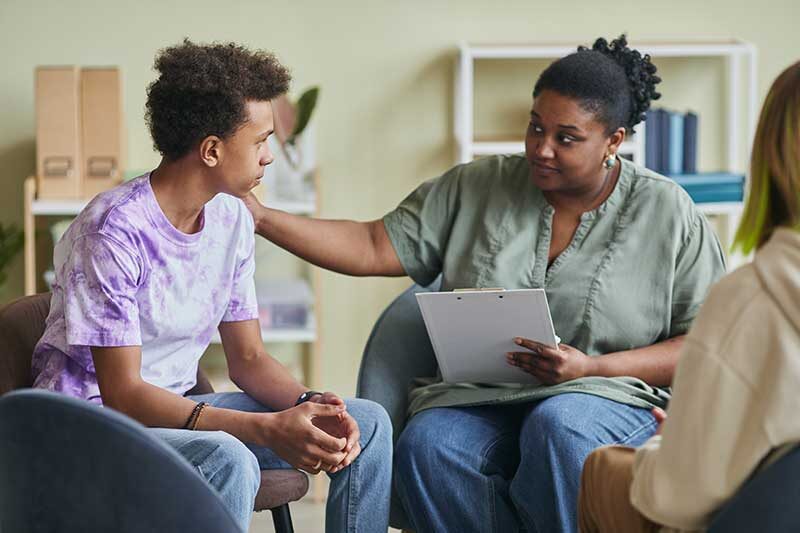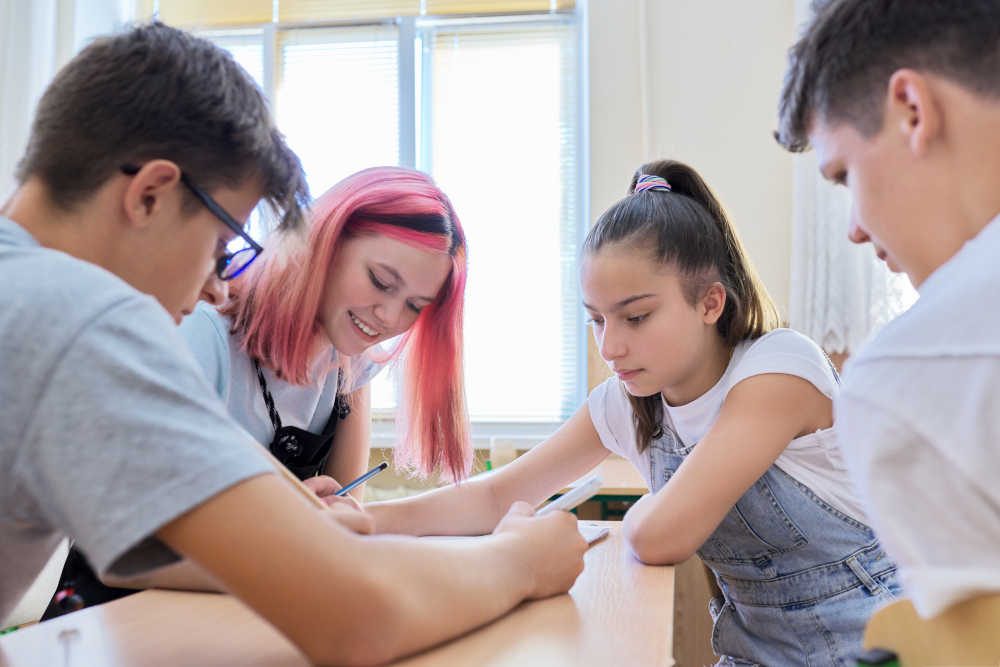Unlocking Mental Health Services for Adolescents
The Increasing Demand for Accessible Mental Health Care
Adolescent mental health has received more attention in recent years, highlighting the critical need for young people to have access to adequate mental health care. Adolescents today experience a variety of stressors, ranging from academic stress and social media impacts to family issues and personal identity challenges, all of which can have a substantial impact on their mental health. Nonetheless, despite growing awareness of these challenges, barriers to accessing mental health care remain, frequently leaving vulnerable youngsters without the necessary support.
Diverse communities pose diverse challenges
The availability of mental health resources for teenagers varies greatly between communities, depending on factors such as socioeconomic position, geographic location, and cultural norms. While urban locations may have a higher concentration of mental health specialists and clinics, demand for these services frequently exceeds supply, resulting in long wait times and overcrowded facilities. Rural areas, on the other hand, confront distinct problems, such as a scarcity of specialist providers and a higher stigma associated with obtaining mental health care, which exacerbates accessibility issues.
Barriers to Adolescent Mental Health Care
- Stigma and Misunderstanding: One of the most major barriers to receiving mental health resources is the persistent stigma associated with mental health concerns. Adolescents may feel humiliated or scared of being judged by their classmates and adults, deterring them from getting treatment.
- Lack of Awareness: Many teenagers and their families are unaware of the mental health services accessible to them. This information gap is particularly severe in places where mental health is rarely acknowledged or promoted.
- Financial constraints are also a significant concern. Even with insurance, the co-pays and out-of-pocket costs for mental health services can be prohibitively expensive for many families, especially those without insurance.
- Cultural Barriers: In some cultures, mental health disorders are not acknowledged as legitimate health problems, and seeking psychiatric therapy may be frowned upon, adding to the difficulties for adolescents who require assistance.
Strategies for Improving Accessibility
Improving access to mental health care for adolescents necessitates a diverse strategy. Here are some tactics that could have a large impact:
- Education and Awareness Campaigns: Schools and community organizations can help educate teenagers and their families about mental health, reduce stigma, and promote accessible treatments.
- School-Based Mental Health Services: Integrating mental health services into schools can significantly lower obstacles to access. Schools provide a familiar, comfortable environment, and services can be provided at a low or free cost to kids.
- Telehealth Services: Expanding telehealth alternatives can help adolescents in remote or underserved areas access care by removing geographical and transportation barriers.
- Community-Based Initiatives: Local initiatives, funded by governments and non-profits, can address specific cultural and economic constraints within communities in order to customize services to the unique needs of local adolescents.
Ensuring that adolescents have access to adequate mental health resources is critical, not just for their own well-being, but also for the health of the community. Understanding the challenges that exist and using specific ways to overcome them allows us to offer a better, more supportive foundation for our youth. As we continue to raise mental health awareness, it is critical that we match this progress with access to actual care, ensuring that no youth faces mental health difficulties alone.










